In pictures: In Shackleton's footsteps
- Published
Photographer Mark Chilvers and journalist Jonathan Thompson have just returned from a trip to the Antarctic to mark the centenary of Ernest Shackleton's Endurance expedition. They encountered a number of people who live and work there today, men and women who tread in Shackleton's footsteps on a daily basis, on their way to work.

Maxime Ecrepont, 24, navigation officer
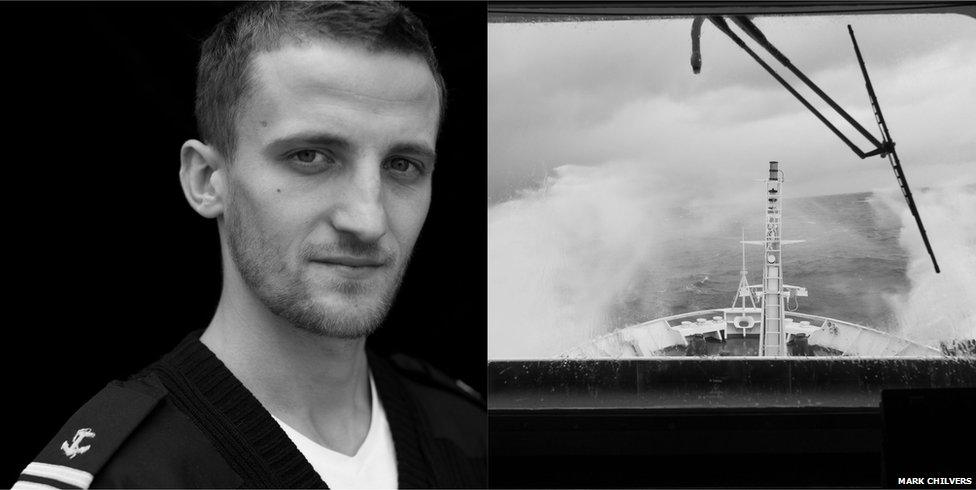
"My job is to navigate expedition vessels from South America to the Antarctic Peninsula and back.
"It's challenging - you're steering between icebergs, and within five minutes you can go from calm seas to 140-knot [160mph; 260km/h] winds.
"The scenery and wildlife are spectacular, particularly under the midnight sun. Whales frequently swim up to play with the ship. I feel privileged to work here."

Amy Kincaid , 23, UK Antarctic Heritage Trust volunteer
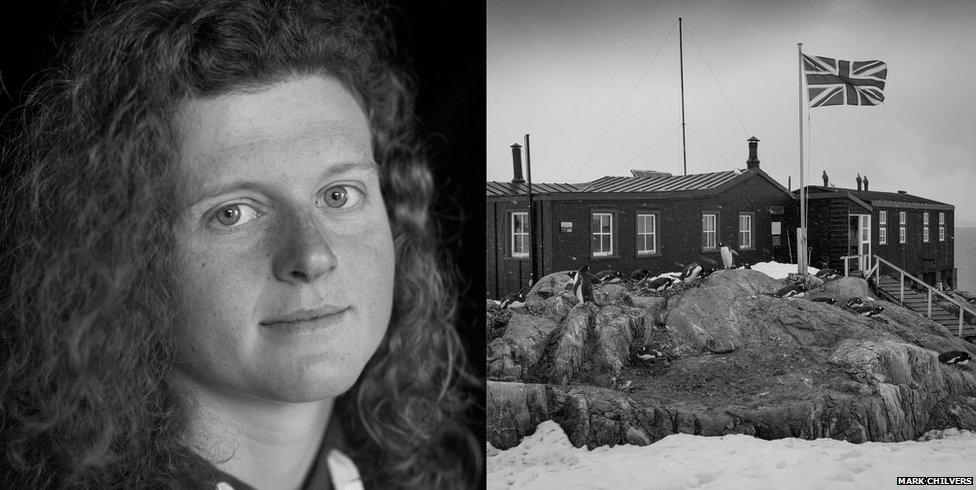
"I'm based at Port Lockroy in the Antarctic Peninsula, but we look after a number of historic British bases.
"What struck me when I moved here was the sheer scale of the place.
"It's incredible, like a David Attenborough documentary on your doorstep.
"The landscapes are tinged with an almost alien beauty.
"It's breathtaking, on a daily basis."

Dr Tom Hart, 35, penguinologist
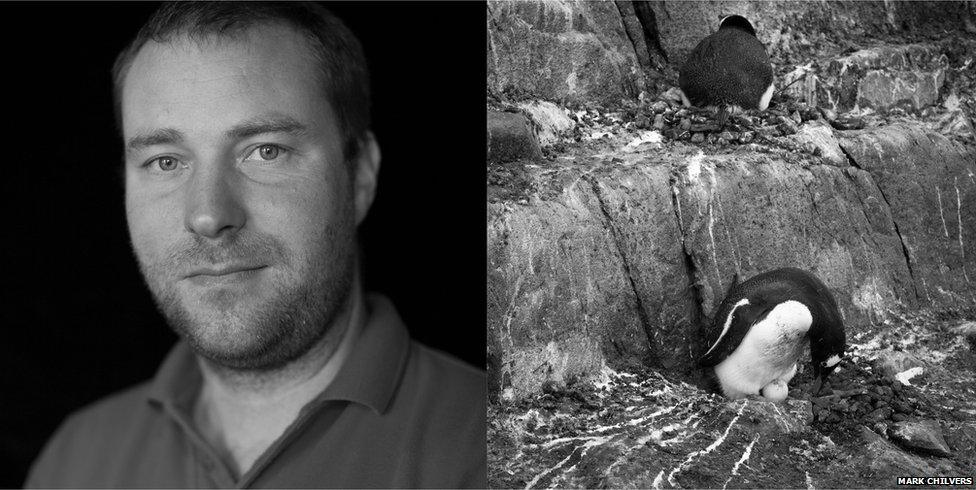
"In many ways this is a workplace like any other.
"We have boxes to tick and health and safety concerns - it's just that the backdrop is way more spectacular.
"The research I'm doing for the charity Penguin Lifelines, external often involves ice camping, but it's not a big deal.
"We're not explorers like Ernest Shackleton.
"These are areas that we know, and we have good equipment.
"Plus, we can read the weather well now, which is a major advantage.
"You just don't stress about the small things.
"On a recent return to South America, I noticed two people arguing over a parking space and it seemed almost incomprehensible."

Dr Adrienne Darhower, 40, emergency room doctor
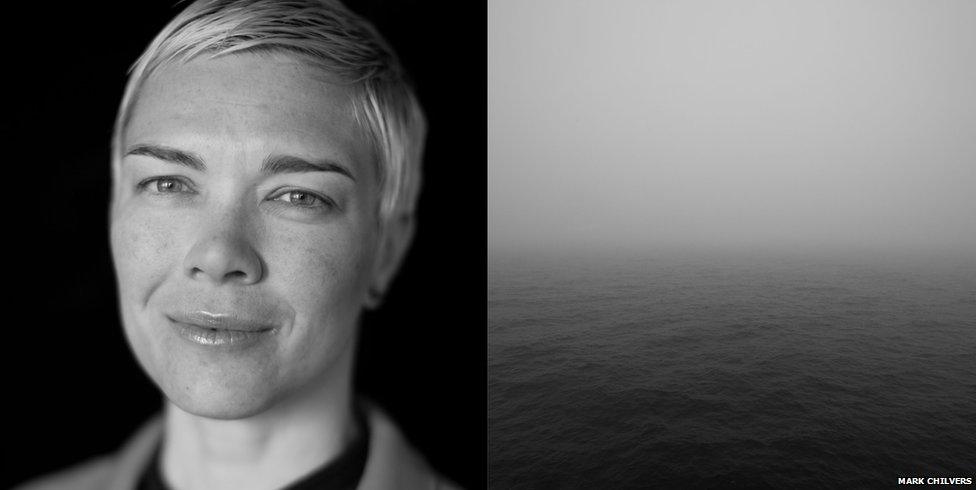
"For six years I've been trying to get on an expedition ship down to Antarctica as a working doctor, and I've finally made it.
"People wrongly consider this an impossible destination, but perhaps we should encourage that a little.
"It's forbidding and imposing - but it also needs protecting.
"It has this kind of pristine majesty, largely thanks to its isolation.
"One depends upon the other."

Wolfgang Bluemel, 60, librarian
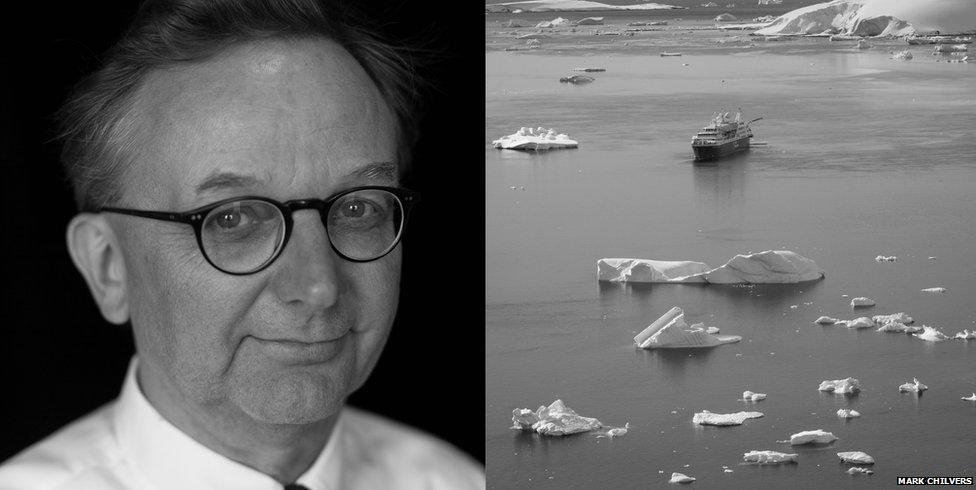
"I look after the largest floating library in Antarctica, aboard the vessel Ocean Diamond.
"It's kind of fitting, considering I've dreamed of coming here since reading about it at school.
"Sadly there's no chance of permanent living here for humans.
"There's just one blossoming flower, and I've never seen it.
"It's a landscape that is extremely hostile and extremely beautiful.
"The harshness itself is a form of beauty."

Shelli Ogilvy, 35, artist and kayak instructor
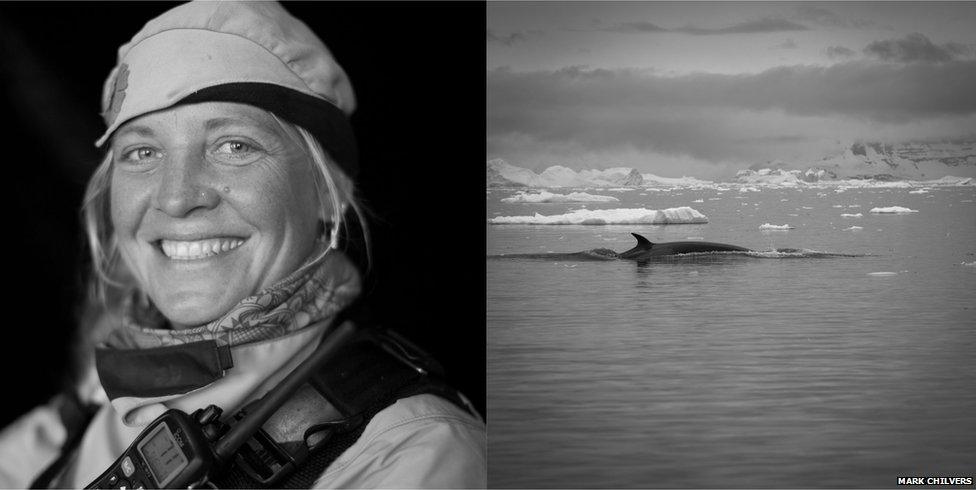
"I just marvel at the weather down here.
"It's sometimes harsh but always beautiful - and the sunrises can be out of this world.
"I love a good whale too.
"They're incredibly friendly and curious - they come and lift our kayaks gently, or touch our paddles, or just swim around us, playing.
"It's a big white bug, and once you're bitten you have no choice but to return.
"I can't think what would ever stop me coming back. He'd have to be very special..."

David Wood, 50, expedition leader
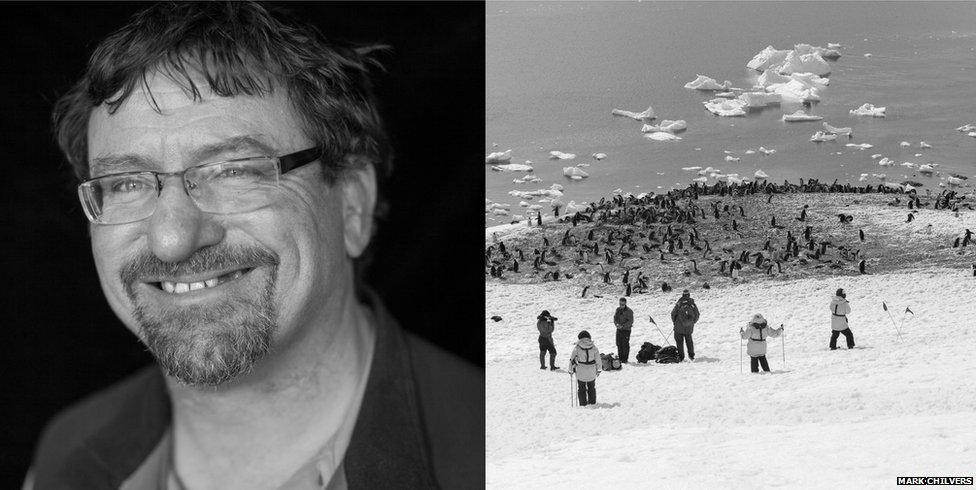
"I'm an expedition leader for Quark Expeditions, which involves taking groups of up to 200 over to the Antarctic Peninsula.
"I've been more than 130 times now and still love everything about it, the sea, the landscapes, the wildlife and particularly the icebergs.
"Some of them are absolutely mind-blowing in terms of their shapes, colours and textures.
"People don't necessarily expect it, but a visit to Antarctica often becomes a crossroads in life.
"Perhaps it's being forcibly cut off from mobile phones and the internet for a prolonged period, perhaps it's the otherworldliness of the place, but time and again we hear about people making life altering decisions down here."
